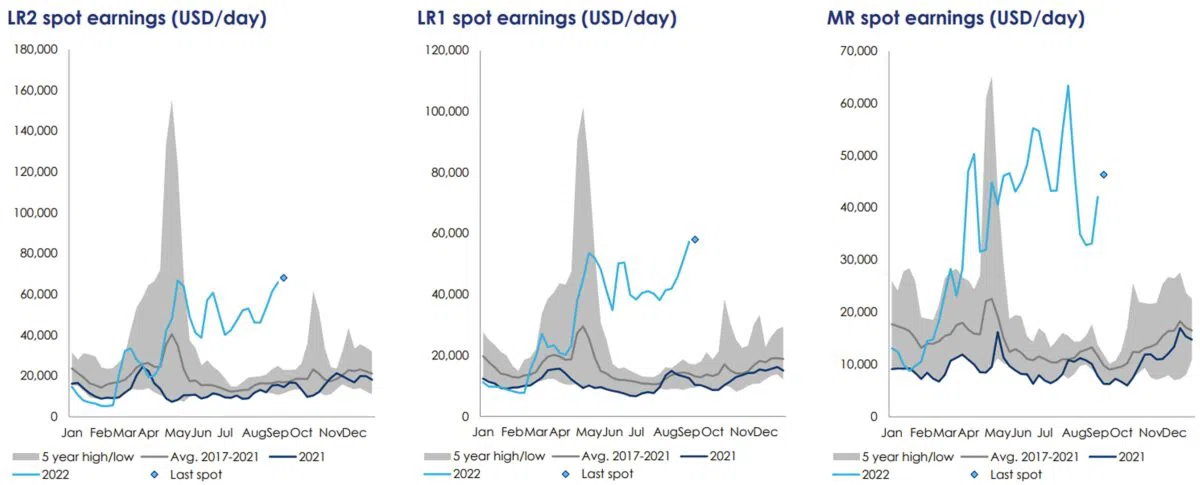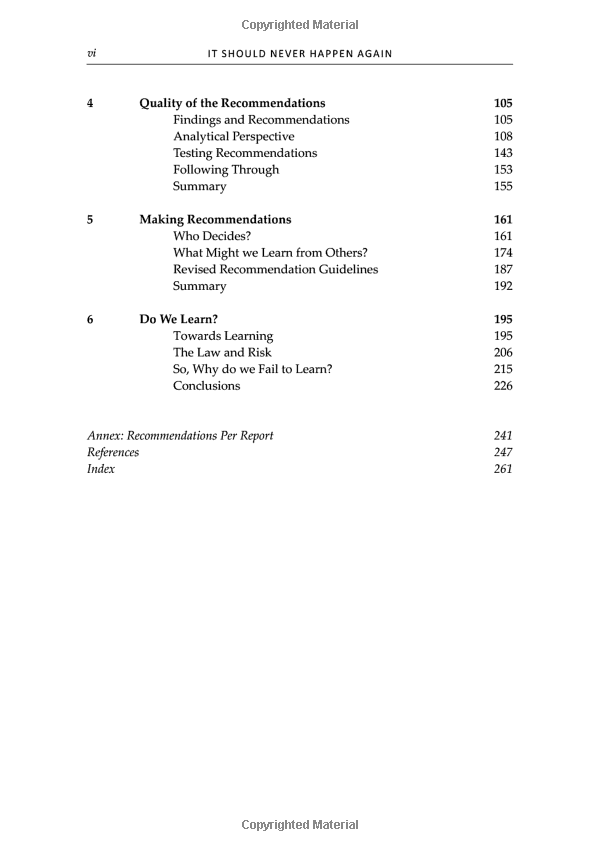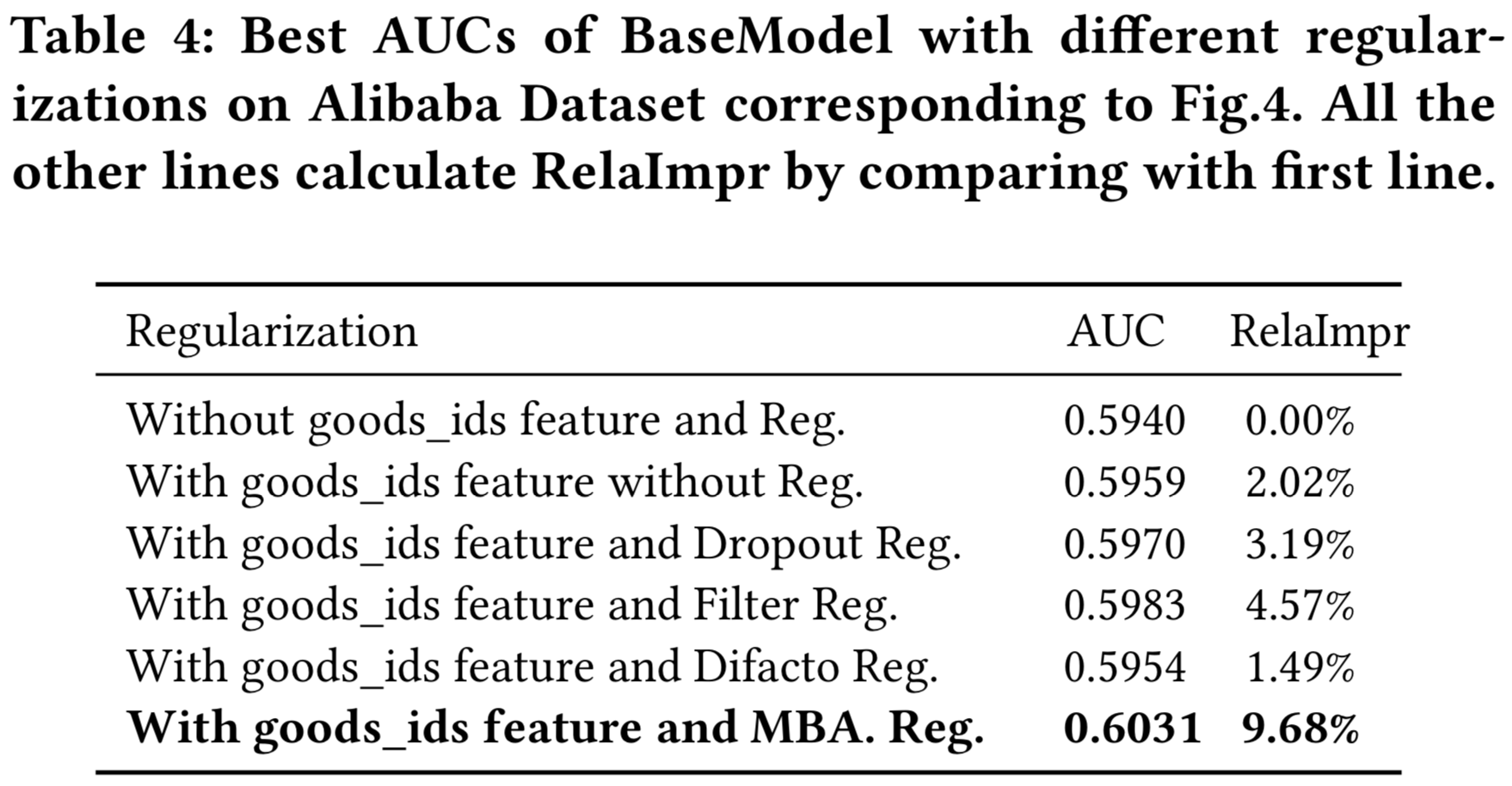Understanding the Impact of 401k Loan Offset on Your Retirement Savings
#### What is a 401k Loan Offset?A **401k loan offset** occurs when an individual takes out a loan against their 401k retirement savings plan and then separa……
#### What is a 401k Loan Offset?
A **401k loan offset** occurs when an individual takes out a loan against their 401k retirement savings plan and then separates from their employer, either voluntarily or involuntarily. In this situation, the outstanding loan balance is typically deducted from the individual’s retirement account. This means that if you have a loan against your 401k and you leave your job, the remaining balance of that loan may be treated as a distribution. Consequently, you may face taxes and penalties if you do not repay the loan in a timely manner.
#### How Does a 401k Loan Offset Work?
When you borrow from your 401k, you are essentially borrowing your own money, which you are required to pay back with interest over a specified period. However, if you leave your job while you still have an outstanding loan balance, the plan may require you to pay back the loan in full, often within 60 to 90 days. If you fail to repay the loan, the amount owed will be deducted from your 401k balance, leading to a **loan offset**.
This offset can significantly impact your retirement savings. For instance, if you had $50,000 in your 401k and borrowed $10,000, upon leaving your job, if you do not repay that loan, your 401k balance will be reduced to $40,000. This not only decreases your retirement savings but can also trigger tax implications, as the unpaid loan amount may be considered a taxable distribution.

#### Tax Implications of a 401k Loan Offset
The tax implications of a **401k loan offset** can be severe. If the loan is not repaid, the amount that is offset will be treated as taxable income for the year in which the offset occurs. This means that if you had a $10,000 loan that was offset, you would need to report that amount as income on your tax return. Additionally, if you are under the age of 59½, you may also incur an early withdrawal penalty of 10%, further exacerbating the financial consequences.
#### Strategies to Avoid a 401k Loan Offset
To avoid the negative impacts of a **401k loan offset**, there are several strategies you can consider:

1. **Repay the Loan Before Leaving**: If you anticipate leaving your job, try to repay any outstanding loans before your departure. This will ensure that your 401k balance remains intact and you avoid any tax implications.
2. **Roll Over Your 401k**: If you are moving to a new employer, consider rolling over your 401k into the new company’s plan or into an IRA. This can help you maintain your retirement savings and avoid the loan offset.
3. **Communicate with Your Plan Administrator**: If you find yourself in a situation where you may be leaving your job, it’s essential to communicate with your plan administrator. They can provide guidance on your options regarding the loan and help you understand the implications of a potential offset.
4. **Consider Other Financing Options**: Before taking out a loan from your 401k, explore other financing options that may not jeopardize your retirement savings, such as personal loans or credit cards.

#### Conclusion
In conclusion, understanding the concept of a **401k loan offset** is crucial for anyone considering borrowing from their retirement savings. The potential financial repercussions, including tax liabilities and penalties, can significantly affect your long-term financial health. By being proactive and informed, you can take steps to mitigate these risks and protect your retirement savings. Always consult with a financial advisor to explore the best options for your individual situation.